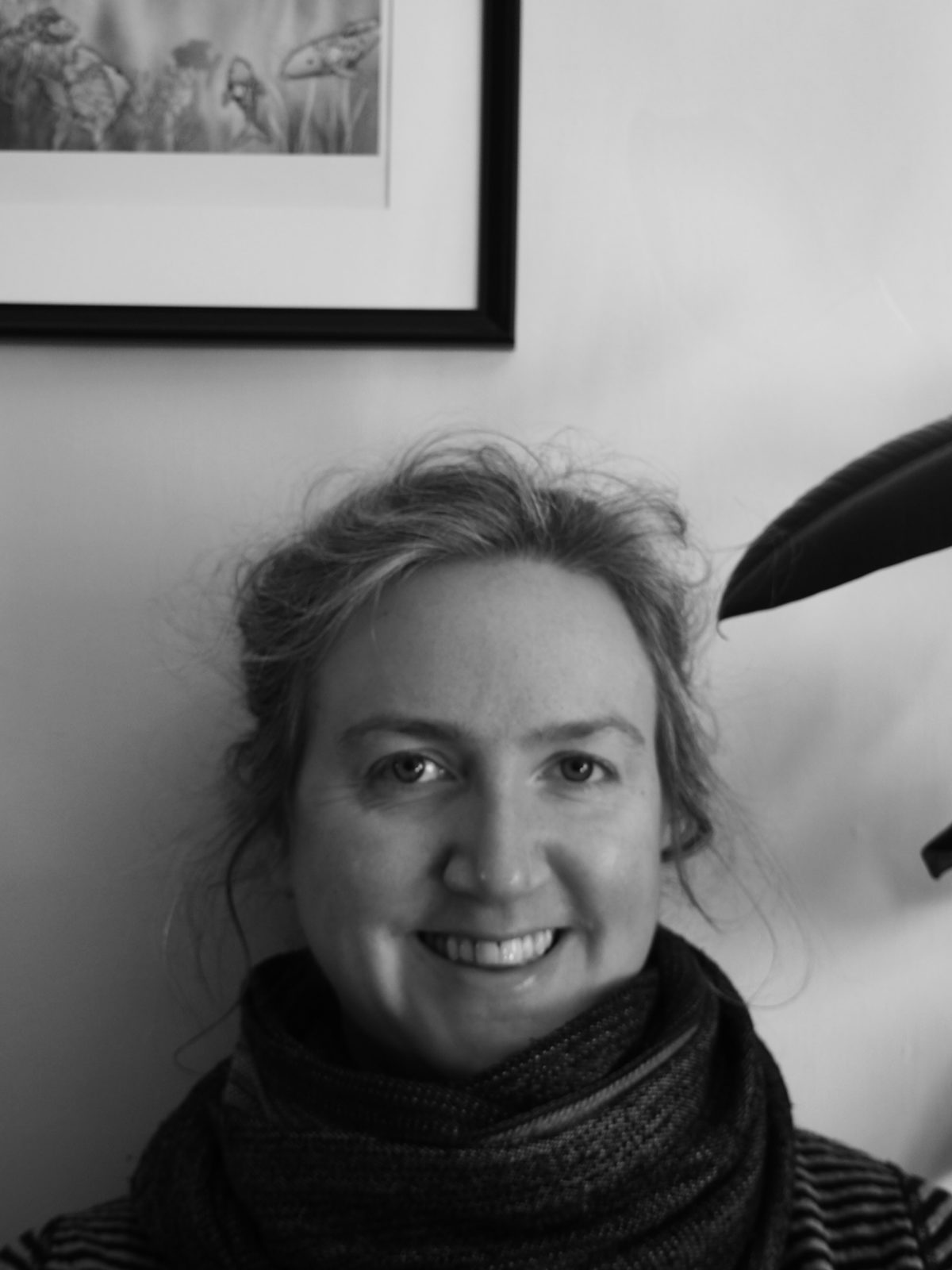

Sam L Cox
Research FellowResearchers UCC Climate Action, Blue Economy Coastal & Marine Systems
Overview
Sam is a quantitative ecologist. Her research interests span marine conservation, fisheries, foraging ecology, human-wildlife conflicts, marine mammals, movement ecology, oceanography, seabirds, spatial ecology and statistics. Her past work has concentrated on investigating interactions between the behaviours and distributions of mobile marine predators (e.g. fish, marine mammals and seabirds) and anthropogenic activity alongside the bio-physical oceanographic environment, with an aim to better understand how such information can be integrated into conservation management (e.g. EIA’s, MPA’s, DOM) and minimise anthropogenic impacts (e.g. fisheries, climate change, offshore development). In conducting this research, she has used a range of techniques including bio-logging technology, boat surveys, passive acoustics, remote sensing, and statistical modelling. Her current work focuses on better understanding interactions between commercial fishing operations and seals, and how to minimise conflicts as a result of depredation and bycatch.
Background
Sam graduated from her PhD in 2016 at Plymouth University, which focused on investigating links between physical oceanographic processes and the distributions and foraging behaviours of marine mammals and seabirds across shelf-seas. Following this, she completed a 1.5 year post-doctoral position at CNRS in Chize (France), where she worked on (1) biologging method development and (2) juvenile southern elephant seals and aspects of their foraging behaviour/development and 1st year survival. She then completed a 2-year CNES funded fellowship at UMR-MARBEC (IRD) in Sete (France), focused on investigating the foraging ecology of seabirds across tropical island ecosystems of the Atlantic Ocean. She has been at University College Cork since 2020, initially as a senior post-doctoral researcher on the EU-INTERREG project SeaMonitor, and more recently as a Research Fellow across SEAFICS (MSCA Individual Fellowship) and Marine Beacon (Horizon Europe). Across these projects her work focuses on better understanding seal foraging ecology and interactions with commercial fisheries.


